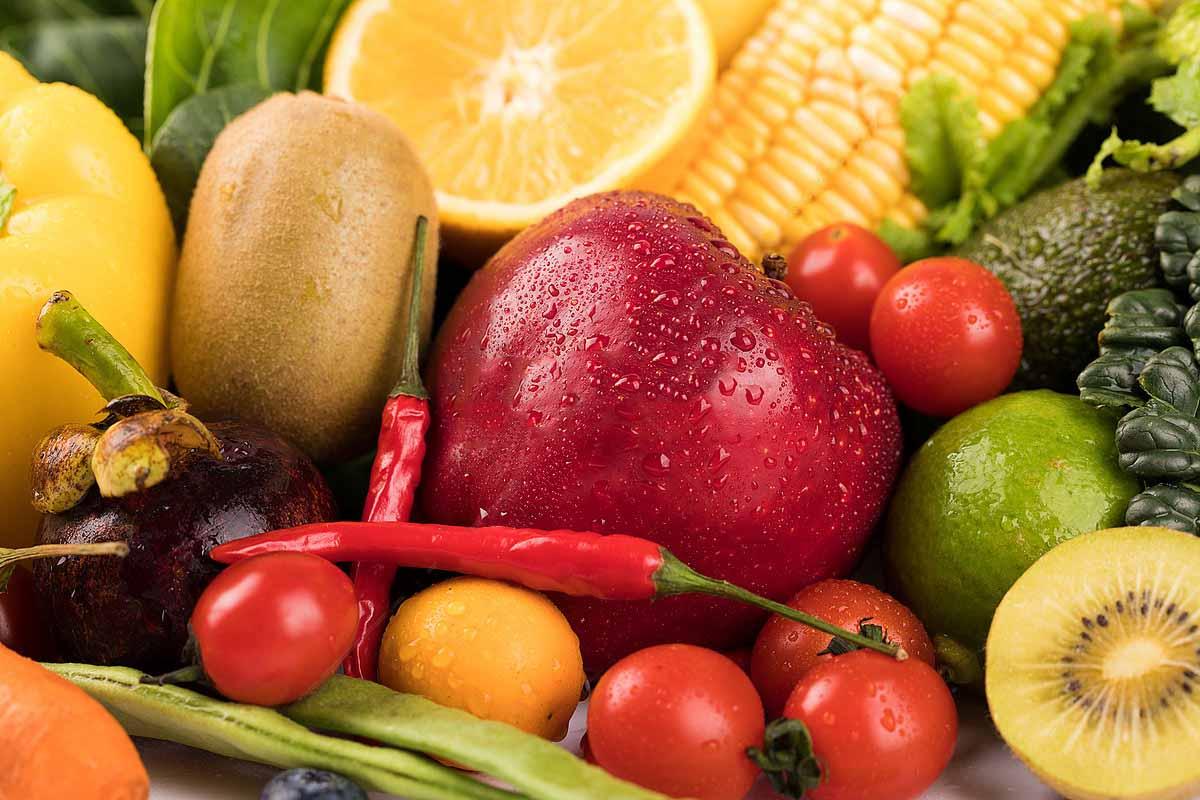
In modern society, with the improvement of people's awareness of food safety and health, organic food has gradually entered the public's vision, and has formed a sharp contrast with ordinary food. Here are several ways organic food differs from regular food:
Organic food
Organic food refers to food that is produced in strict accordance with organic production procedures and does not use chemical synthetic pesticides, fertilizers, growth regulators and other chemical substances, and does not use genetic engineering technology. Organic agriculture emphasizes natural ecological balance and maintains soil fertility and ecological diversity through crop rotation, intercropping and natural fertilizer.
Ordinary food
Ordinary food may use chemical substances such as fertilizers and pesticides in the production process, and the production requirements are not as strict as organic food. Its production goals are mainly to increase production and reduce costs, and not necessarily to focus on ecological balance and sustainability.
Texture
Organic foods are often considered to have a better texture and more natural taste. This is because organic foods do not use chemicals in the production process and retain the original flavor and texture of the food. In contrast, regular food may taste slightly rougher due to the use of fertilizers and pesticides.
Nutritional value
Some studies have shown that certain nutrients, such as antioxidants, in organic foods may be higher than in regular foods. This may be related to the use of natural fertilizers and organic farming methods in organic food production. However, other studies suggest that differences in nutritional content between organic and conventionally produced foods are unlikely to have any impact on public health.
Price
Due to the strict production requirements of organic food and the low yield such as not allowing the use of fertilizers, its price is usually 2-3 times higher than that of ordinary food. The quality and price of ordinary food varies.
Certification
Organic food must be certified by a professional body to ensure that its production process complies with organic standards. These certification bodies will strictly inspect and supervise the production, processing, packaging, storage, transportation and other aspects of organic food. There is no such certification requirement for ordinary foods.
Environment
Organic farming has less impact on the environment and helps to protect soil, water and biodiversity. Organic farming methods do not use chemicals and reduce environmental pollution and waste of resources. In contrast, ordinary food production may have a large or small impact on the environment and not have high nutritional value.
Availability
In some areas, organic food may not be as readily available as regular food. This is because the production and marketing system of organic food is relatively complex and affected by many factors. However, with the continuous development of organic agriculture, the availability of organic food is gradually improving.
Limitations
Despite the many advantages of organic food, it also has some limitations. For example, higher prices may not be affordable to all consumers; Organic certification standards can vary from country to country and consumers need to be aware of these standards to make an informed choice.
To sum up, there are clear differences between organic food and ordinary food in terms of definition, production methods, taste and nutritional value, price and certification, environmental impact, availability and limitations. As consumers, we can make food choices based on our needs and values. No matter what kind of food we choose, we should pay attention to its provenance and quality, support those who produce it responsibly, and contribute to creating a healthier, more sustainable world.
